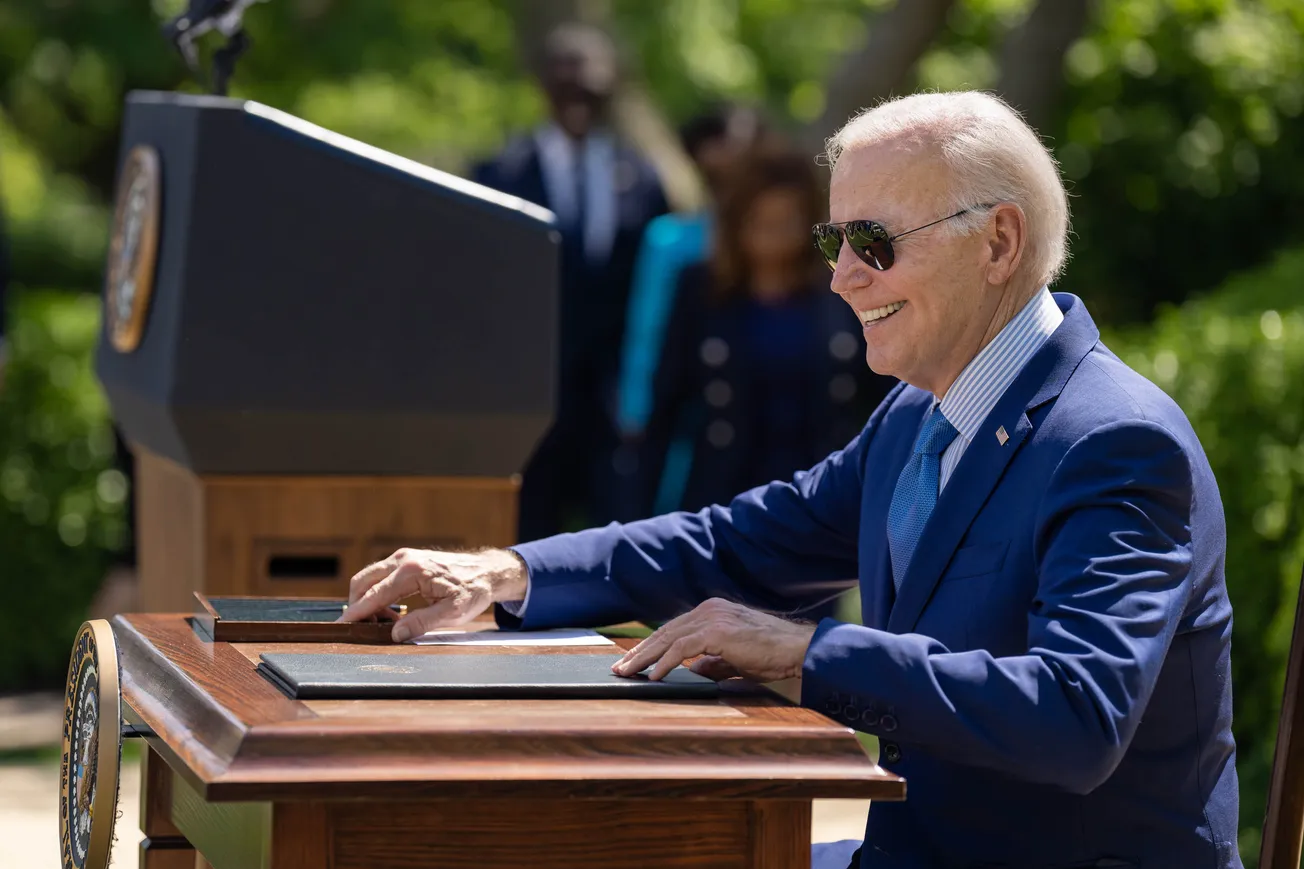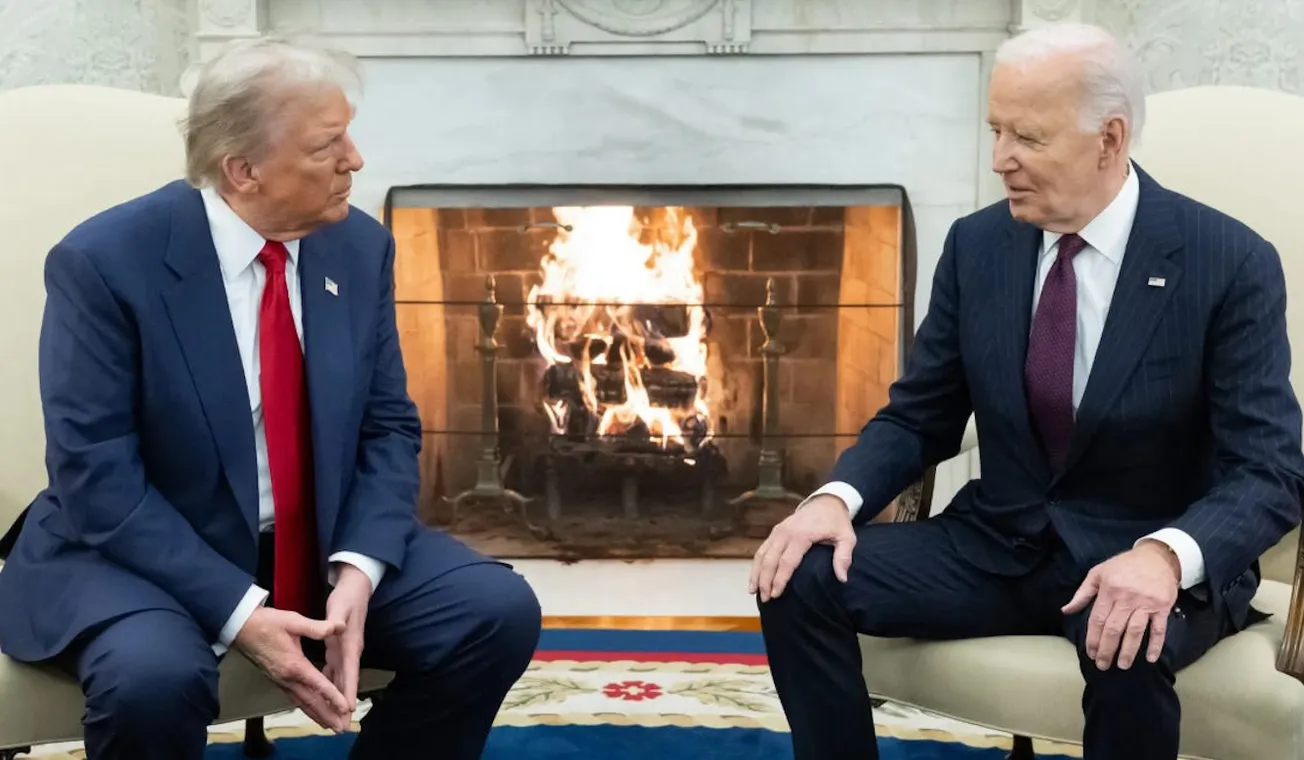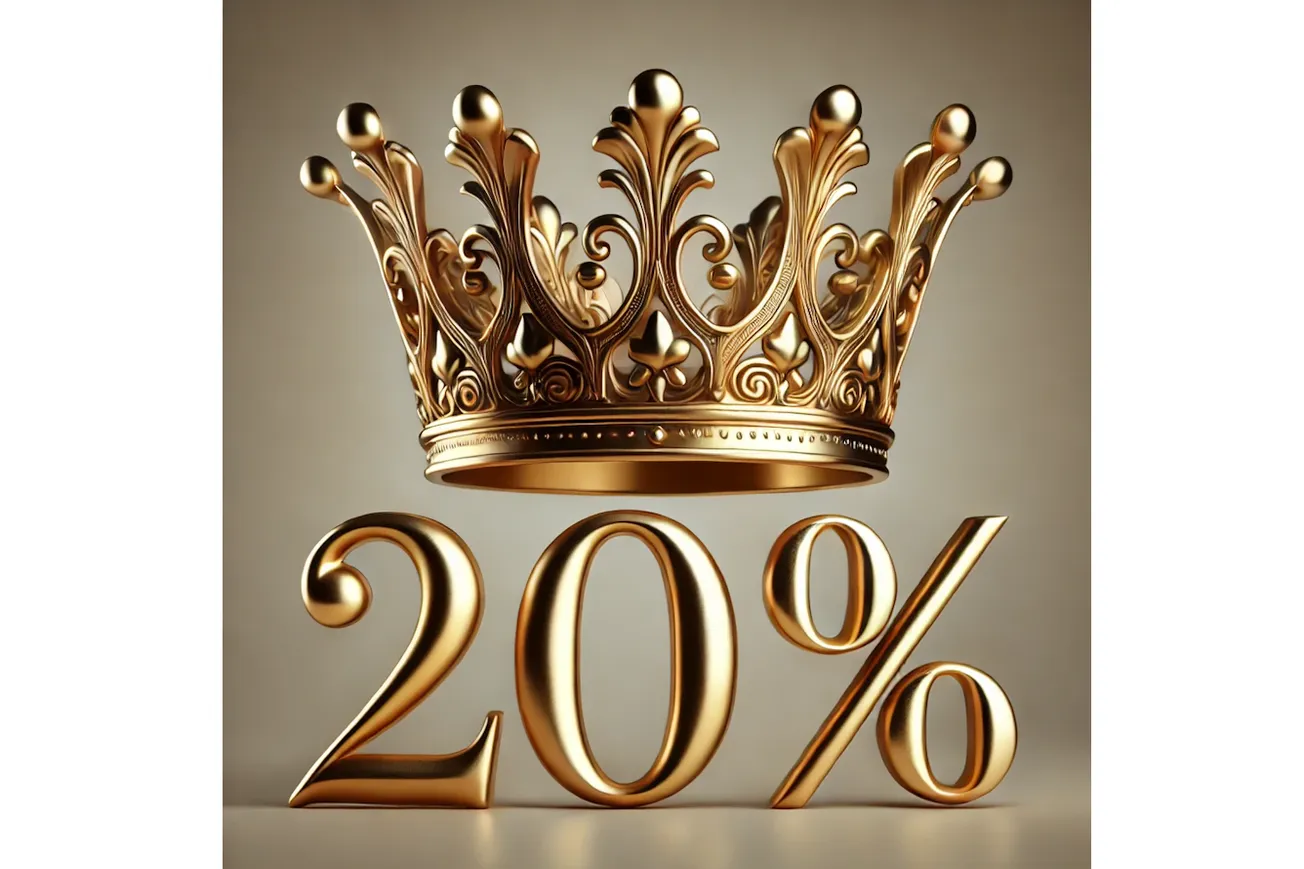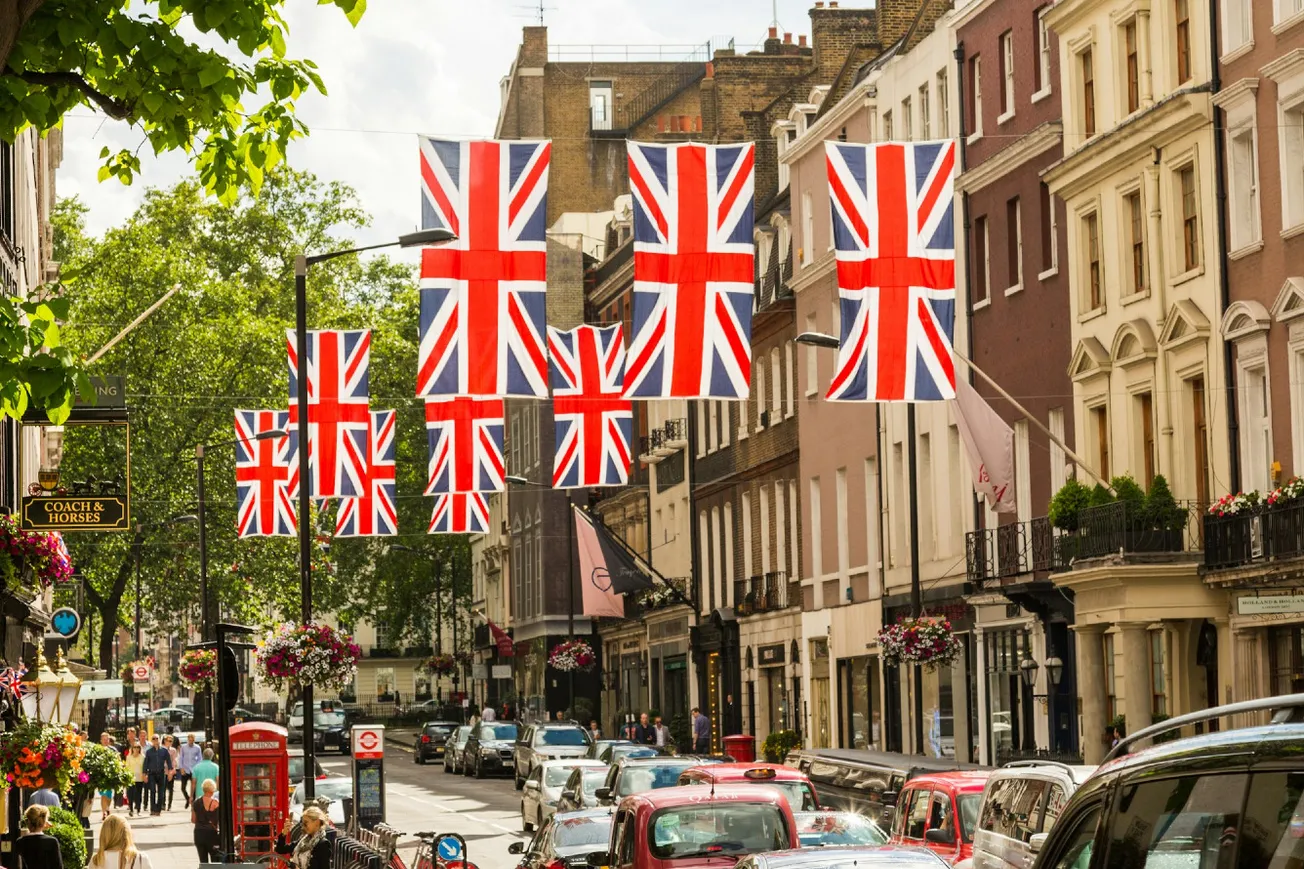We can imagine the White House summer meeting as President Joe Biden’s handlers, whoever they might be, desperately tried to figure out how boost his flagging favorability ratings among voters. Some genius, no doubt, shouted out “Bidenomics!” as just the ticket to repair his tattered reputation. They rolled it out and, well, Americans still aren’t buying it.
On Thursday, Biden’s people pushed him out once again to flog the nearly dead Bidenomics horse. At an appearance in Maryland touted by the administration as a “major” economic address, Biden told voters that his agenda is about “investing in America and investing in Americans,” and referred to Republican plans to reduce federal spending and lower taxes as “MAGAnomics.”
So far, such rah-rah, pro-Bidenomics rhetoric hasn’t convinced voters.
A recent CNN-SSRS poll, for instance, found that 58% of Americans say that Bidenomics has made the economy worse, up from 50% last year. This, despite a relentless tide of positive press in the mainstream media.
Meanwhile, a just-released Rasmussen Reports poll finds 52% saying the economy has become “worse” under Biden, versus 31% who say it’s improved. And our own recent I&I/TIPP Poll found a similar 51% who disagreed with Biden’s statement that his policies were “turning things around.”
Americans have good reason to be pessimistic. Recent headlines, mostly all about the ravages of inflation, and almost all within the last week, tell you why they’re not buying what Biden has to sell:
- Bidenomics In Action: 16.7% Bidenflation — The Chickens Come Home To Roost, Hurting Americans (TIPP Insights)
- Biden’s Food Inflation Record: Grocery Prices Up 19.6% (Breitbart)
- Bidenomics strikes again: Real household income suffers biggest drop since Great Recession (Washington Examiner)
- Credit card and car loan defaults hit 10-year high as inflation squeezes families (New York Post)
- 5 states’ residents got richer, but 17 states’ got poorer, new Census data shows (The Hill)
- Inflation rises for second straight month in August on higher gas costs (USA Today)
- Wholesale inflation surges more than expected in August (Fox News)
- Inflation is weighing down Americans. Many trust Trump, more than Biden, to fix it (USA Today)
- In a bad omen for inflation, US oil prices top $90 a barrel for the first time this year (CNN)
It seems there are lots of inflationary “bad omens” these days. At the heart of it all is what we might just as well call “Bidenflation.”
Despite Democrats’ insistence otherwise, inflation’s not dead. After falling from 9.1% on a yearly basis to just 3% this summer, consumer prices now are heading back up. That, despite a series of 11 Fed rate hikes over 22 months that have jacked up interest rates by more than 80% and all but stalled the economy. In August wholesale price inflation jumped a higher-than-expected 3.7%.
Most importantly, rising overall inflation remains well above the Fed’s target rate of 2%. Will it get back to that level soon?
Just ask Larry Summers, who served as director of the National Economic Council under President Barack Obama and treasury secretary under President Bill Clinton: There’s “no sign,” he told Bloomberg TV, “that we have a 2% inflation economy, now or in prospect.”
While downplayed by left-leaning politicians (New York Democratic Rep. Alexandria Ocasio-Cortez recently called inflation “propaganda”), and lefty media mavens (New York Times columnist Paul Krugman, whose latest economic fairy tale is titled, “How Goldilocks Came To The U.S. Economy”), inflation continues its pernicious effects on average Americans.
A recent report by Moody’s found that the average family is spending $709 more each month due to inflation than just two years ago. That’s much higher than wage growth over that period, with real weekly earnings declining 7.1% since peaking during former President Donald Trump’s final year in office.
Worse, despite touting strong job growth (a myth we thoroughly debunked here, here and here), the truth is many Americans are struggling, even those with jobs.
And when it comes to its own favorite metrics on the economy, the left has suddenly gone mum. For instance, it used to be that the Democratic Party was all about trumpeting the “poverty rate” in the U.S., in particular when Republicans were in office. It showed how “callous” and “uncaring” conservatives are.
Heard anything about that lately? No. And that’s because under “Bidenomics” the poverty rate has exploded from 5.2% in 2020, Trump’s last year, to 12.4% at the end of last year.
As for our out-of-control government spending during the COVID lockdowns, the trigger for all this inflation, it’s apparent that we’ll have nothing to show for it other than a massive national debt, now larger than our economy, to bequeath to the next generation.
Biden claimed in a speech to have cut the deficit by $1.7 trillion, just two days after the non-partisan Committee for a Responsible Federal Budget reported that the U.S. deficit will double this year to $2 trillion from $1 trillion last year as spending surged and revenues plunged.
More debt, more spending, more inflation, declining incomes and falling standards of living. It must be a sign of political desperation if the president’s camp believes hyping “Bidenomics” is an election-winning legacy.
— Written by the I&I Editorial Board









